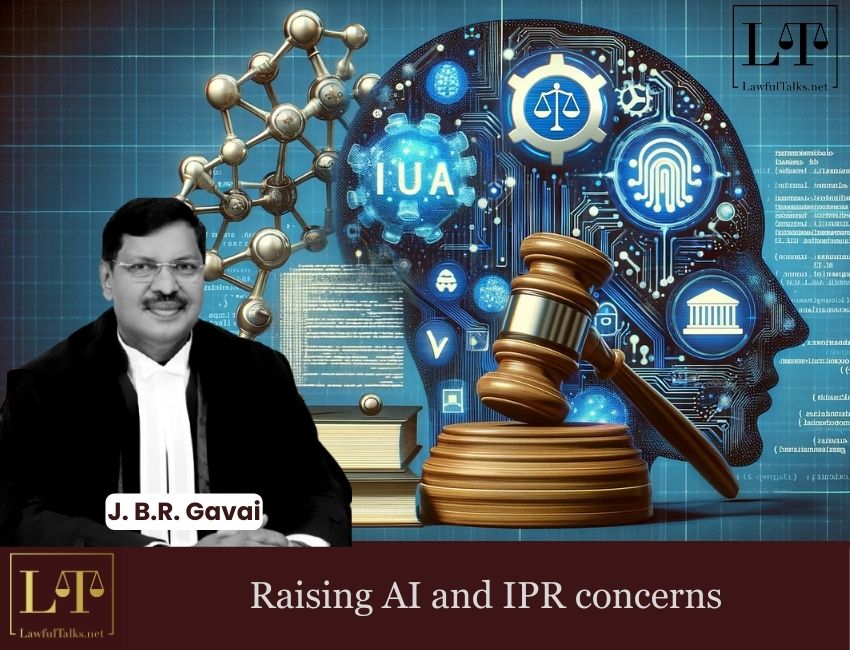Allahabad HC Sets Aside Afzal Ansari's Conviction, Allows Him to Continue as MP

Speaking at a conference hosted by the Supreme Court of Kenya, Justice B.R Gavai expressed concern over how content creators often extract and circulate short clips from court hearings, distorting judicial discussions and spreading misinformation.

The increasing misuse of livestreamed court proceedings, he noted, has become a growing threat that needs to be addressed urgently. While livestreaming has significantly improved public access to justice and enhanced transparency, he cautioned that its unregulated use raises ethical and legal challenges that must be addressed.
Justice Gavai noted that short video snippets of court proceedings frequently surface on social media, sometimes framed in ways that sensationalize the discussion. When these clips are taken out of context, they can lead to misinterpretations, inaccurate reporting, and misinformation about judicial proceedings.
He expressed concern over YouTubers and content creators who re-upload such excerpts as their own, often monetizing them without authorization. This practice, he pointed out, raises serious questions about Intellectual Property Rights and the rightful ownership of judicial recordings.
While courts are committed to ensuring public access, he emphasized that there must be a balance between transparency and responsible broadcasting. Without proper guidelines, the unchecked circulation of misleading content could undermine the integrity of the judiciary and public trust in legal processes.
Justice Gavai also discussed the increasing reliance on artificial intelligence in the legal system, acknowledging its potential to streamline case management, listing, and scheduling. However, he cautioned against the risks associated with AI-generated legal research. He pointed out that AI platforms, including tools like ChatGPT, have, in some instances, generated fabricated case citations, misleading legal professionals who unknowingly cite non-existent precedents.
Such incidents, he warned, can result in professional embarrassment and even legal consequences. He also raised concerns over AI being used to predict judicial outcomes, questioning whether an algorithm; devoid of ethical reasoning, empathy, and contextual understanding can truly grasp the nuances of legal disputes.
He stressed that while AI can assist in legal processes, it should never replace human judgment, as justice involves moral and ethical considerations beyond the reach of algorithms.
Concluding his address, Justice Gavai emphasized that while technology plays a crucial role in modernizing the judiciary, its misuse must be curbed. He urged the judiciary to establish clear guidelines that balance transparency with accountability, ensuring that public access to court proceedings does not come at the cost of misinformation or judicial integrity.
Source: NEWS.





























































































































































































































































































































































































































































































































































































































































































































































